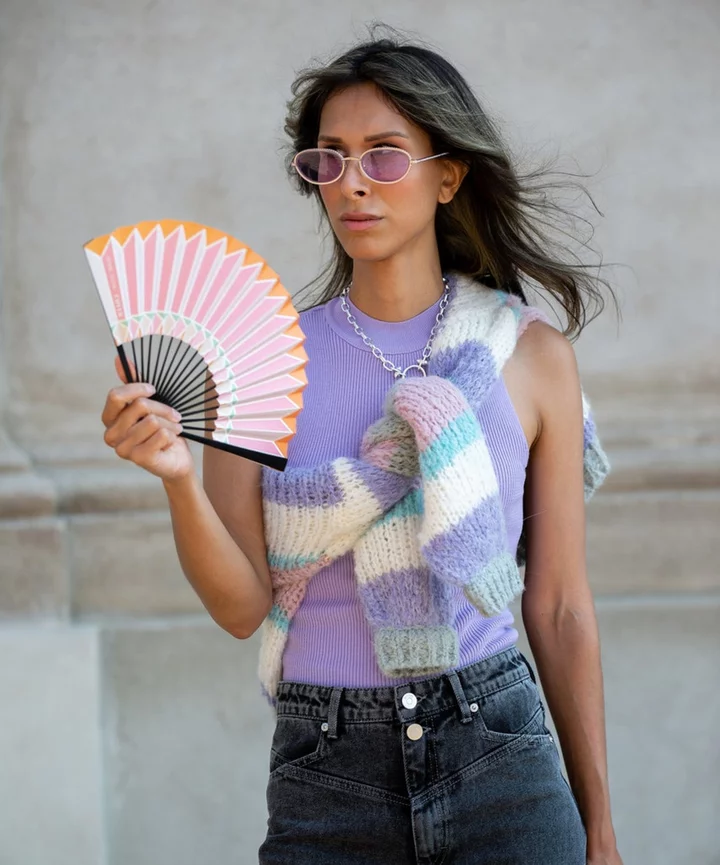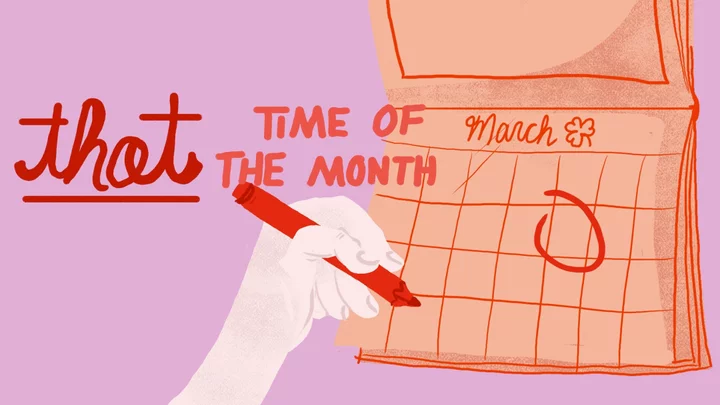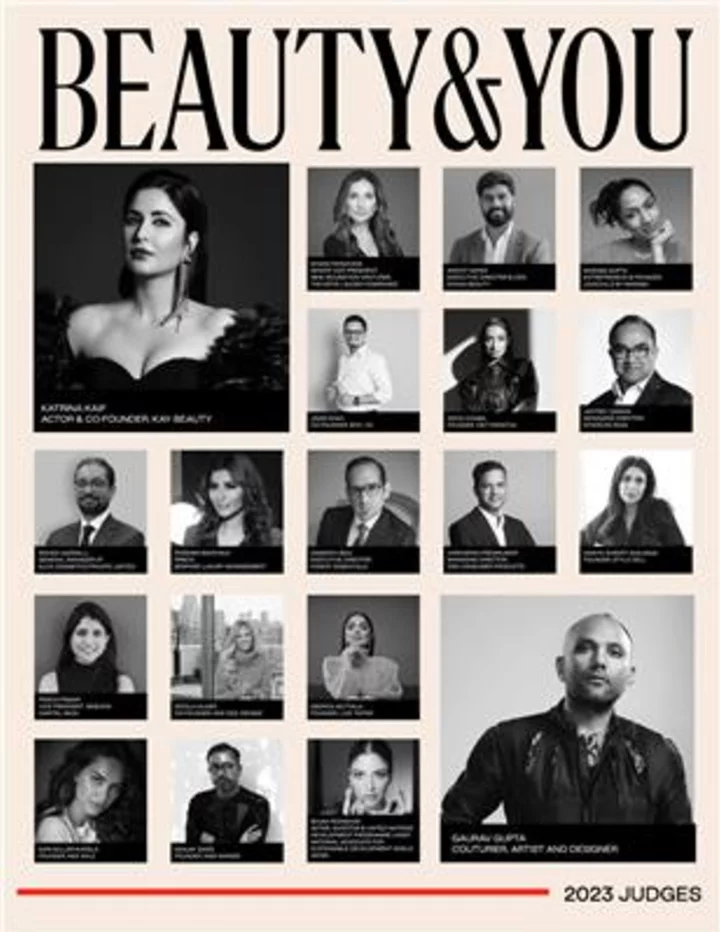A few weeks ago, I was texting with friends as we all were on our way to meet each other. One of them wrote, “Oh, no, I forgot my fan.” It was the first hot day of the season and we were heading to a vineyard. For a group of Puerto Ricans, handheld fans were not optional.
Throughout my life, similar scenarios have played out. With high temperatures year-round, handheld fans were a core item. My grandmother couldn’t attend Sunday service without one. The temple didn’t have an air conditioner, so it was practical. But there was also something oddly beautiful about seeing her whole friend group pull out their lace-adorned fans, which always matched their suits and clip-on earrings. My aunts also carried fans in their purses at all times. If someone felt like they were going to pass out — again, high temperatures have always been a matter of concern in the Caribbean — there they were gathering hastily to revive them with the power of their fans.
I first adopted this practice in college. At the University of Puerto Rico air conditioning was not the norm, and, in order to make it through a 60-minute class, handheld fans were the go-to accessory for the university population. You’d see students parading their beautiful fans as they sat for their lunch break in front of the university theater, and in class, it was normal to see people writing with one hand and fanning themselves with the other. While growing up I thought fans were reserved for older women, but I quickly adopted the accessory, stacking up a sizable collection.
Every year, as summer approaches and it’s time to start substituting sweaters for bikinis, the fans come out to play too. And yet, I’ve always wondered why, if I live in a world in which portable electronic fans exist, I still bother to go for the manual, handheld version? It’s because they are fabulous.
Handheld fans have been around for thousands of years, with different cultures around the world each producing their own versions. The folding fan is the most common iteration today and was invented around the 8th century in Japan, according to Aisla Hendry, curator at the Fan Museum in London. Folding fans weren’t brought to Europe until the 16th century. “They first come in through Italy, and then, they get popularized by Catherine de Medici,” Hendry explains, adding that later on France, Spain, and Great Britain also adopted the accessory. But there has also been evidence that fans were in use in multiple civilizations across Africa, South America, and North America before the colonial period.
The handheld, folding fans I grew up with stem from a shameful history of colonization, specifically the invasion and settlement of Spanish people in Puerto Rico from the 15th century. Over time, this led to people adopting Spanish aesthetics, including the handheld fan, to assimilate to colonial rule. It’s hard not to think about this murky legacy whenever I carry a folding fan, yet, it’s also a tradition that connected me with my family’s matriarchy and allowed me to express my femininity on my own terms. I’m aware of this strange dissonance whenever I use a folding fan decorated with flowers and lace, forcing me to reconcile the good and the ugly of its history.
Still, the art of carrying a folding fan in my everyday life holds a strange allure. It’s in the open posture it forces your body to adopt; the triangular shape your arms hold; the vibrant prints and materials swaying against the backdrop of your outfit. Not to mention the mannerisms one adopts to communicate through the fan: close it forcibly, for example, and it’s just like ending a conversation by flipping an old Razr phone.
This glamorous scenario is probably why many fashion designers, including John Galliano and Kim Jones have adopted fans. Most recently, Christian Louboutin released a flamenco-inspired version that is part of a collaboration with the Spanish actress Rossy de Palma. It’s also why they became a staple of the ballroom scene, a Black and Latinx LBGTQ+ subculture that emerged in New York City in the 20th century, known for its larger-than-life personas and chameleonic aesthetics depicted in films like Paris Is Burning and shows like Pose. Most recently, fans have also made their way to Beyoncé’s Renaissance tour, with the singer, dancers, and attendees channeling the album’s ballroom aesthetics and sounds with a plethora of folding fans that also nod to the singer’s longtime embrace of Black southern style.
Recently, I also got my boyfriend into handheld fans. While I go for rose-printed, lace-embellished fans most of the time, he went for an Avatar: The Last Airbender version, ditching all gender constructs associated with this accessory. As folding fans continue to evolve, we can always count on their wearers to expand as well, especially because, when it comes to being practical and stylish, there’s few staples that can get the job done like a folding fan. No electric fans will breeze into my summer tote bag — ever.
At Refinery29, we’re here to help you navigate this overwhelming world of stuff. All of our market picks are independently selected and curated by the editorial team. If you buy something we link to on our site, Refinery29 may earn commission.









